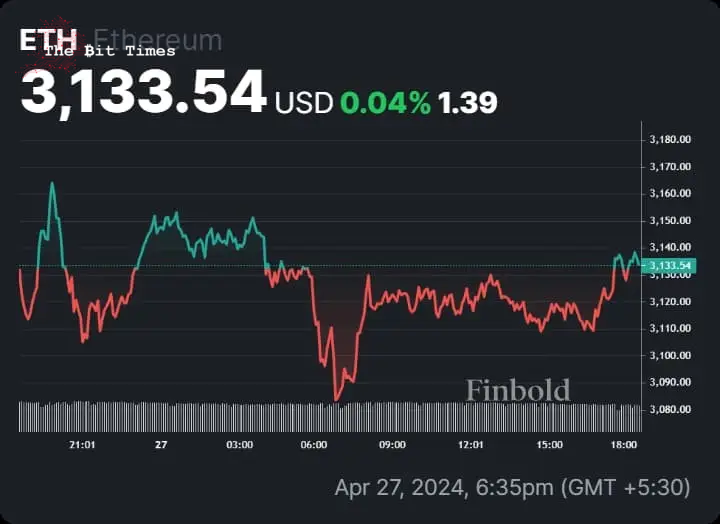Vitalik Buterin slams cryptocurrency mining ‘quite centralized’
Vitalik Buterin recently made a striking statement about the centralization issues of Proof-of-Work (PoW) systems, particularly in the context of Ethereum’s transition from Proof of Work to Proof of Stake (PoS).
Amidst ongoing debates within the Ethereum (ETH) community, Buterin has clarified the rationale behind the network’s switch to a PoS consensus mechanism.
This significant change, culminating nearly two years ago with ‘The Merge’—which integrated the Beacon Chain with Ethereum’s mainnet to create the Ethereum 2.0 network—represents a fundamental shift in how Ethereum processes transactions and secures its network.
Picks for you
Buterin’s comments were sparked by an X post from American entrepreneur Amanda Cassatt, which brought to light several concerns within the community about the switch, including the risks of increased centralization and the disruption of established balances of power.
In his response,Buterin pointed out the overlooked centralization inherent in PoW processes, stating that it was perceived as a temporary step before transitioning to PoS.
This discussion gained traction following a pointed question from an X user who questioned the preference for PoW, calling it an “energy-guzzling casino.” This question brought to light the less-discussed aspects of PoW’s centralization and the strategic reasons behind Ethereum’s move towards PoS.
Vitalik also revealed that under PoW, a small number of mining pools, particularly Spark Pool and Ethermine, controlled a disproportionate 76% of ETH mining power.
Furthermore, Buterin discussed the implications for Application-Specific Integrated Circuits (ASICs) in a PoS-dominated landscape, noting their reduced significance due to the decreased financial incentive to develop them.
Despite the transition, Ethereum’s total energy consumption to secure its network has dramatically decreased from approximately 112 TWh/yr to just 0.01 TWh/yr, underscoring the environmental benefits of the shift to PoS.
Amidst these discussions, Ethereum’s core developers continue to advocate for the efficiency and speed benefits that PoS offers, maintaining an ongoing dialogue with community members to navigate the complexities of blockchain technology and its implications for decentralization and sustainability
Ethereum price analysis
Meanwhile, Ethereum is trading at $3,133 by press time. With approximately year-to-date gain of 37.38%

As Ethereum continues to adopt its Proof-of-Stake consensus, Vitalik Buterin’s unwavering stance offers a definitive counter to those longing for the previous mining-centric framework.
Disclaimer: The content on this site should not be considered investment advice. Investing is speculative. When investing, your capital is at risk.
Comments
Post a Comment